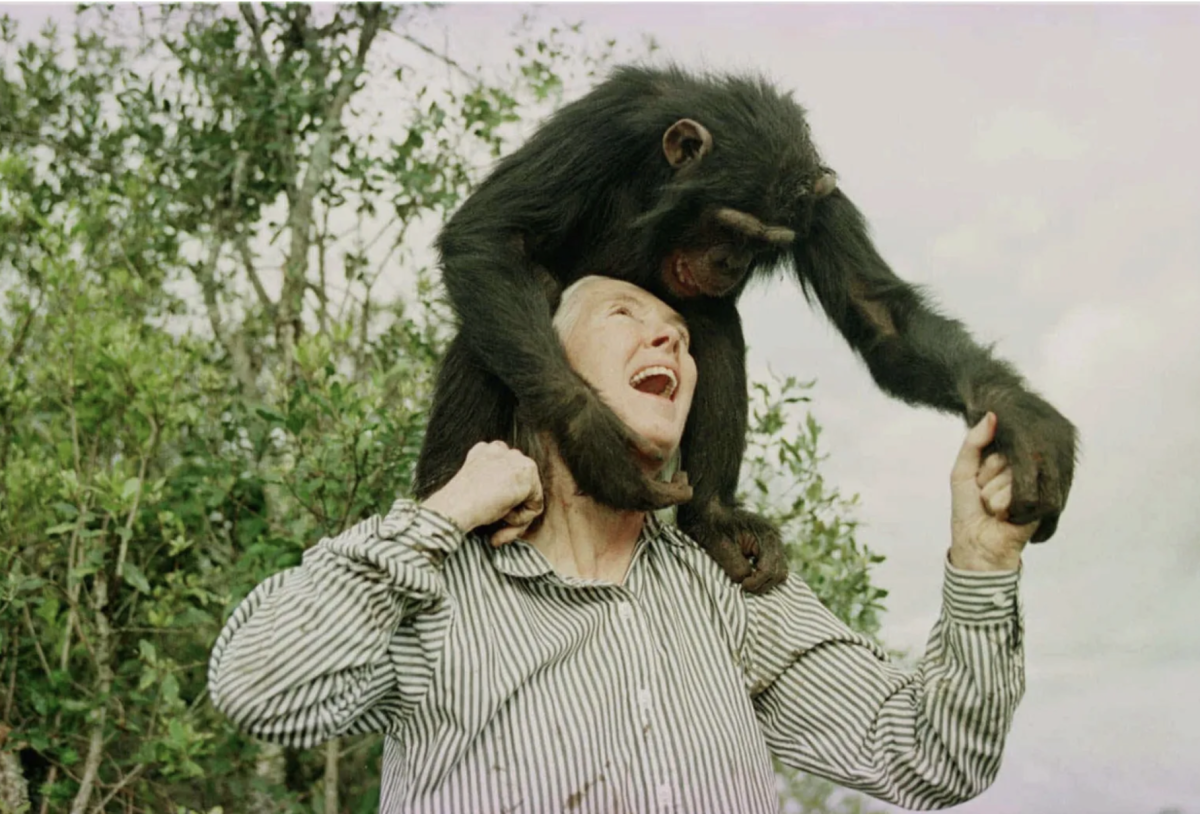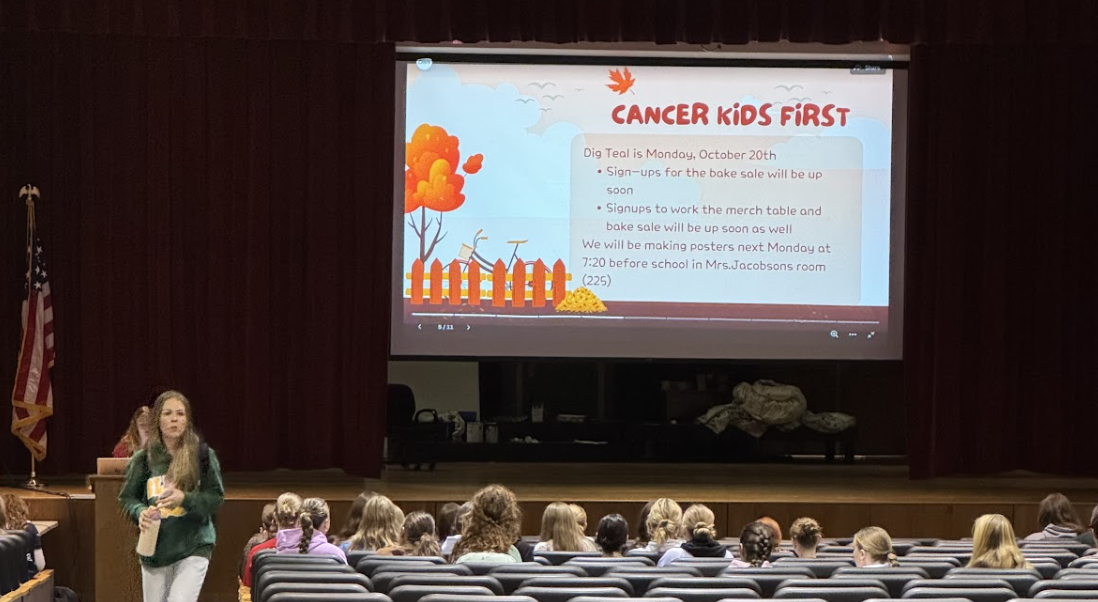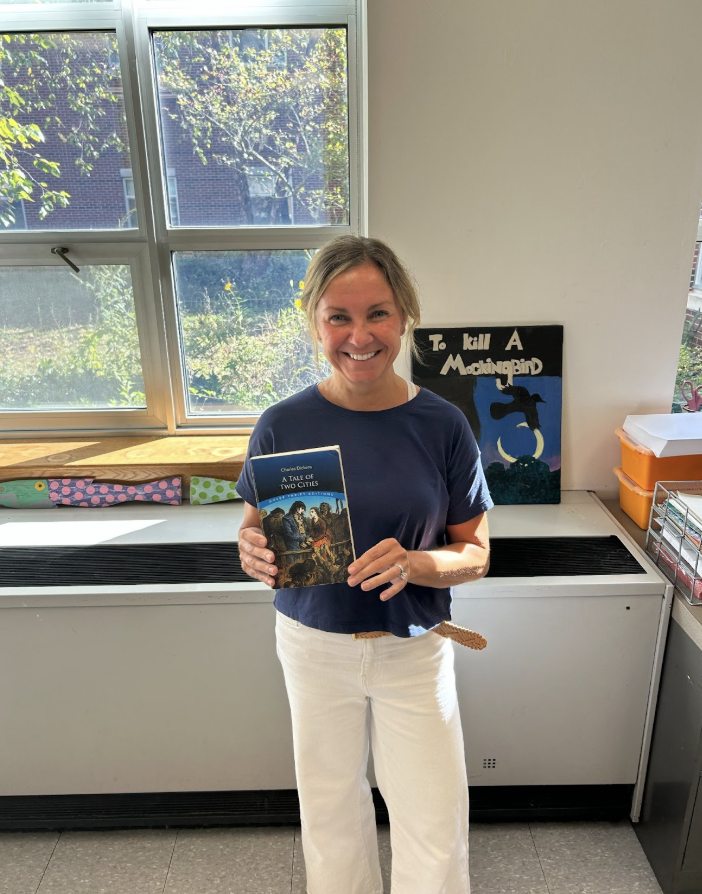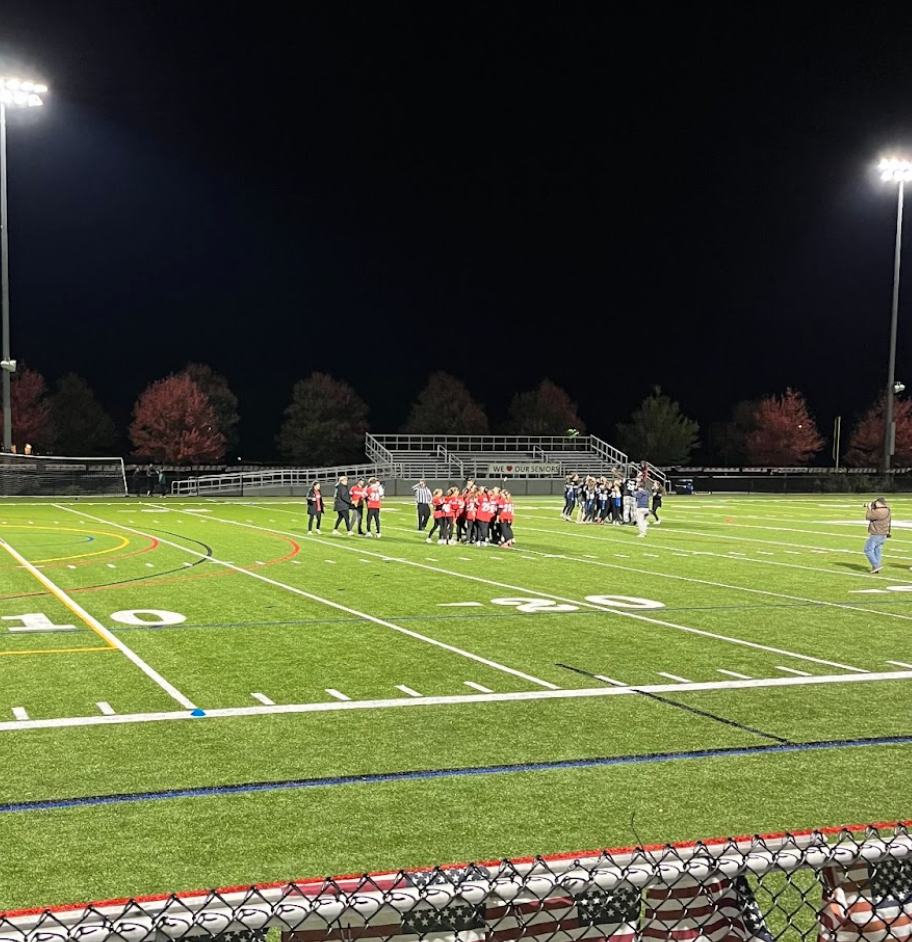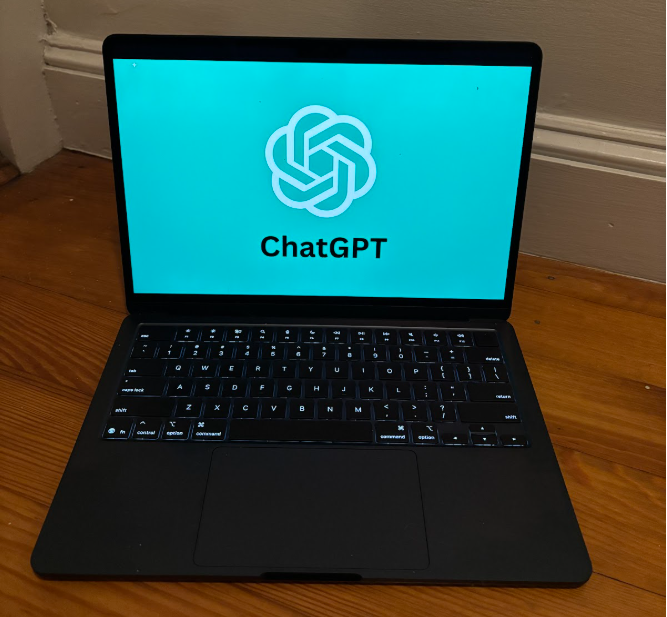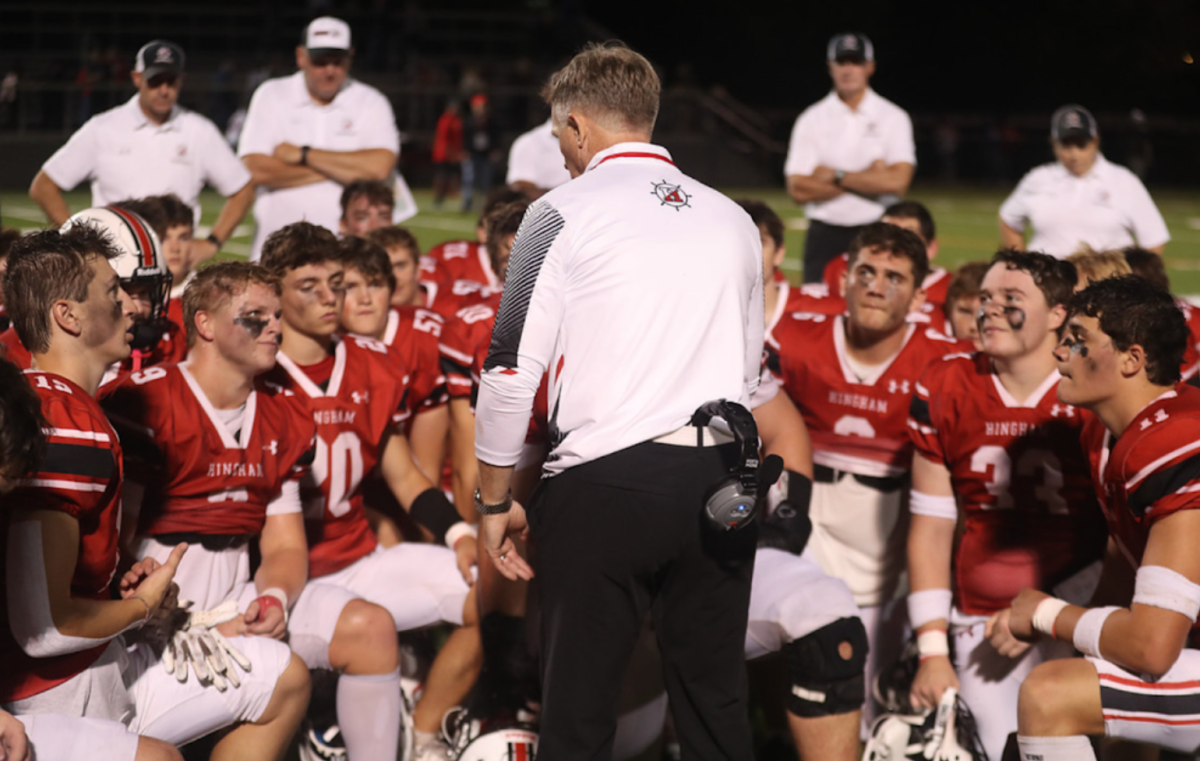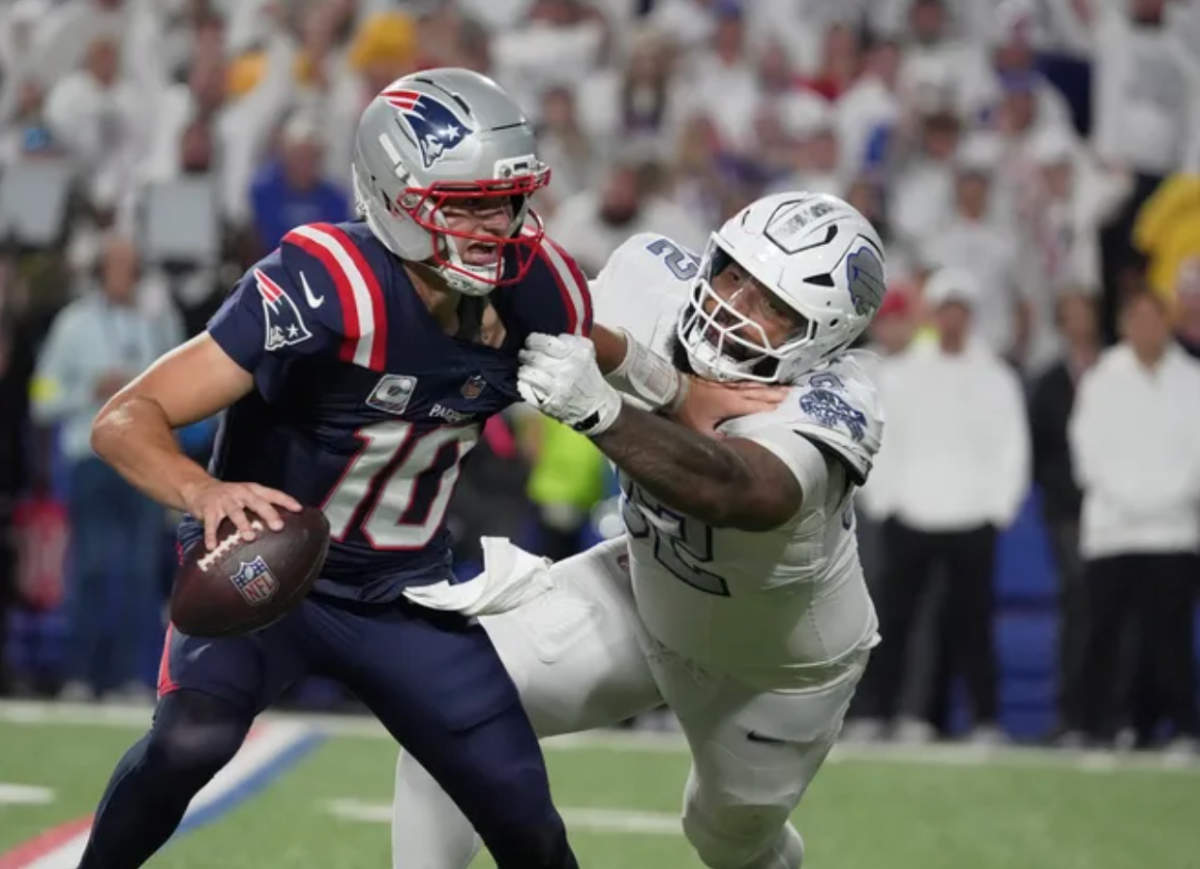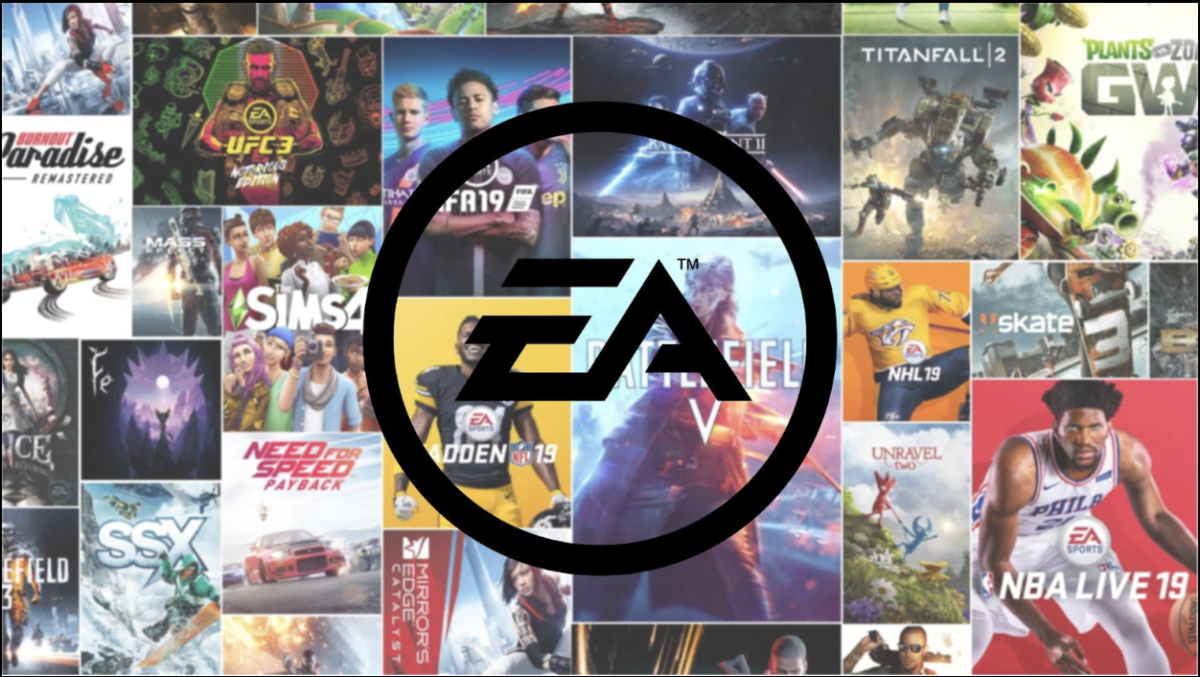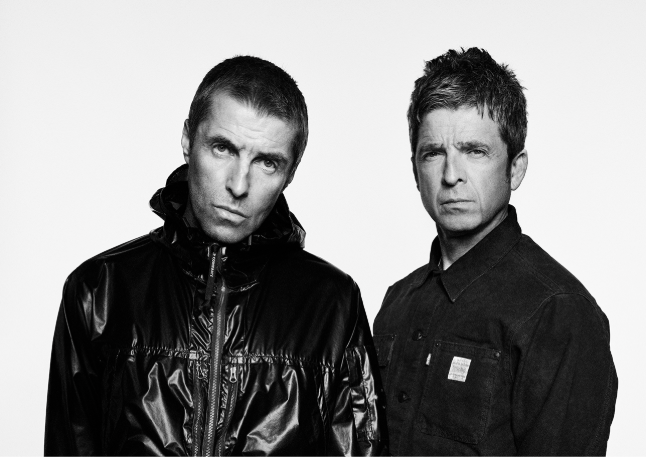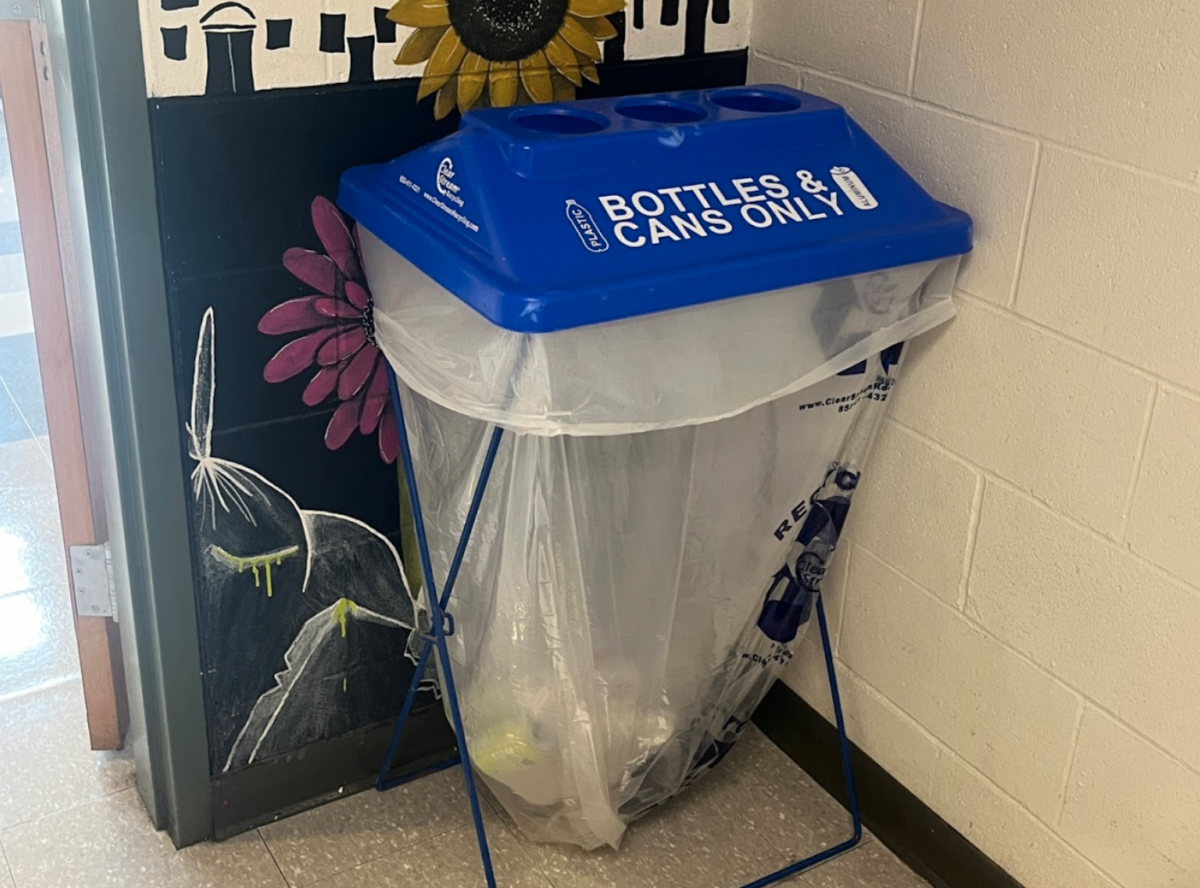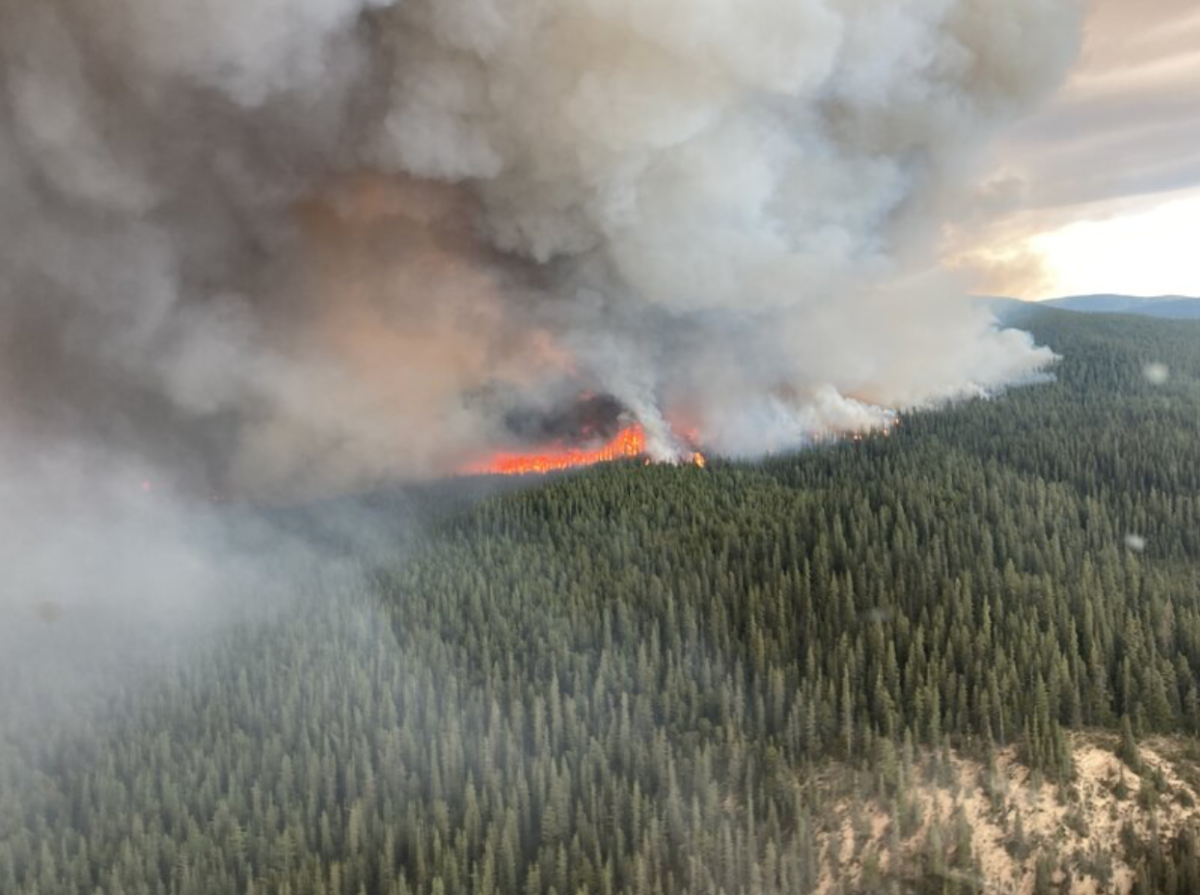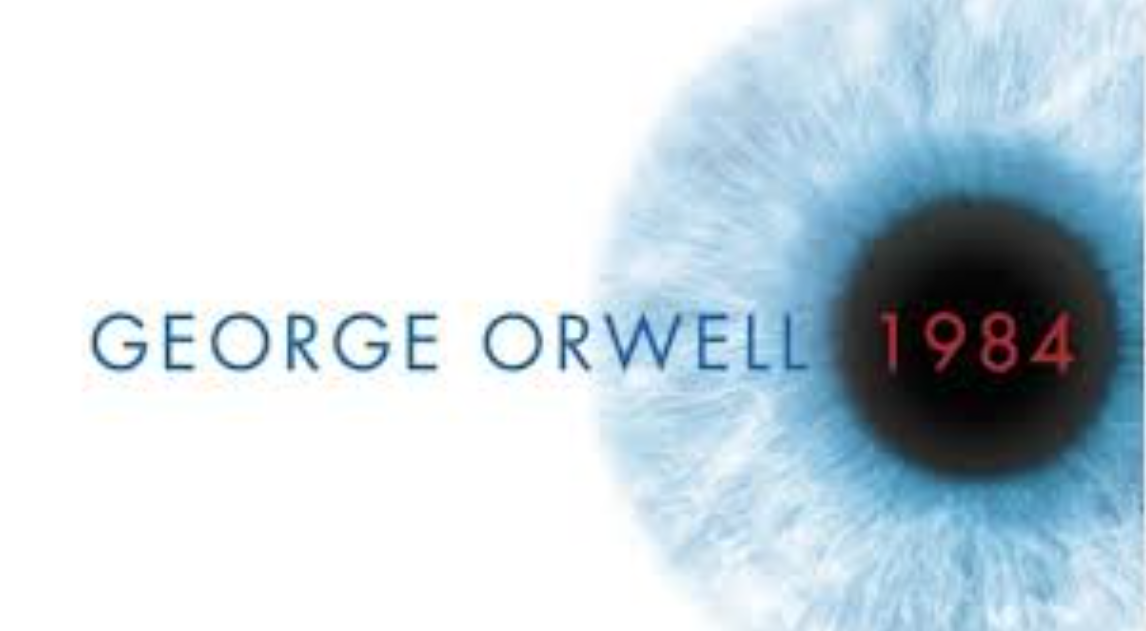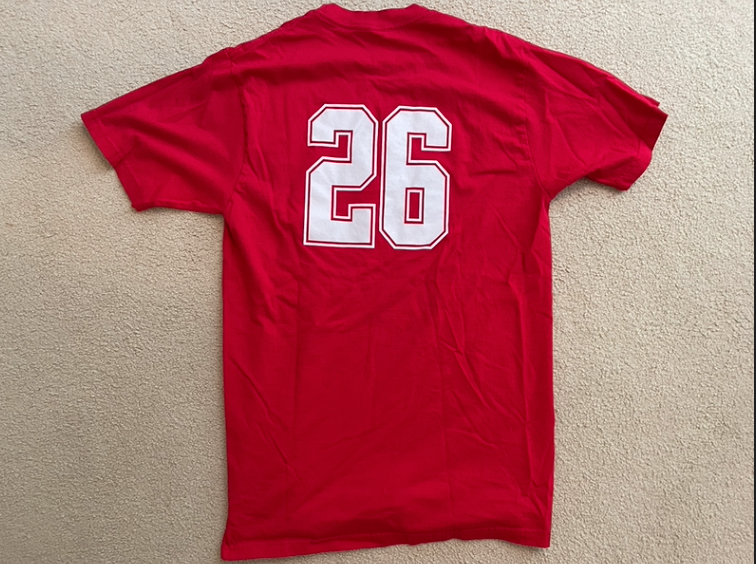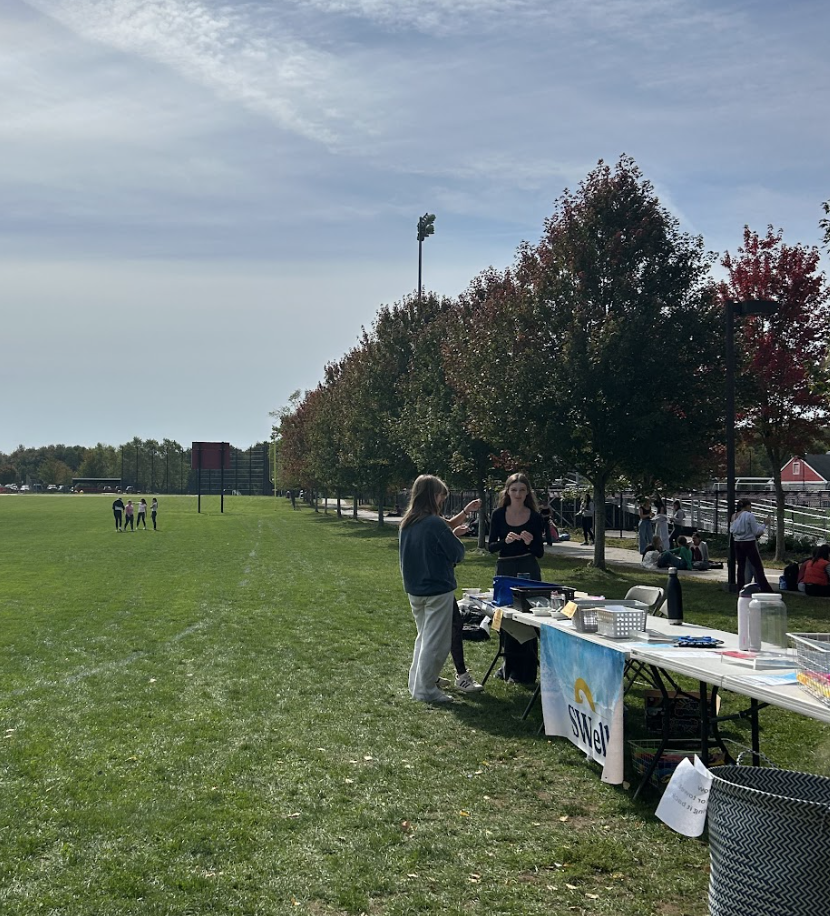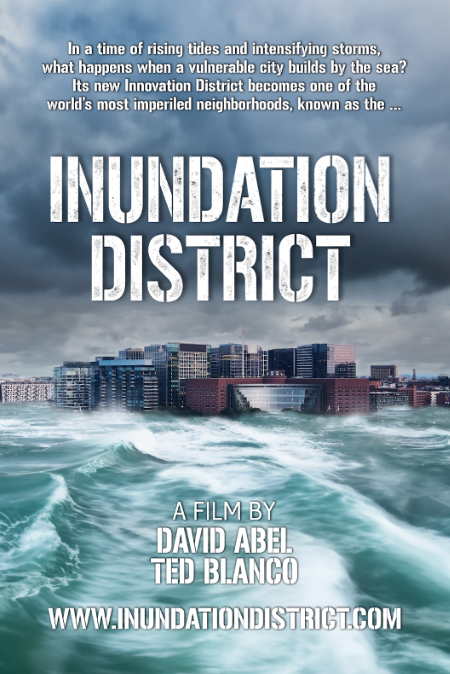I thoroughly enjoyed reading 1984 by George Orwell, much more than expected. Even though it was written in 1948, it accurately foreshadows societal privacy issues that we face in our current world. It also provided for thought-provoking class discussion.
The story is set in Oceania, where one of three world powers is permanently at war with the other two. The totalitarian government, simply called “the Party,” places telescreens, large screens displaying Party propaganda that also have cameras and microphones, EVERYWHERE. They record everything that one says and does, and any action or thought against the Party is not tolerated.
The protagonist, Winston, through questionable interactions with others, gathers clues from his surroundings that there might be a group called “The Brotherhood” made up of people who want to rebel against the Party, like himself. But Winston’s belief in the Brotherhood is not permitted and leads to many unexpected and thrilling outcomes.
English teacher Ms. Roth has taught 1984 since spring of 1998, and the book “has been a fixture in the tenth-grade curriculum since [she] started teaching at Hingham High.” She thoroughly enjoys teaching 1984 since “Orwell, and many other authors of his day, like Huxley and later Asimov and Bradbury, have an incredibly keen vision for how issues of technology, privacy, propaganda, and oligarchy would influence our cohesiveness as a society and our individual capacity for critical thinking and autonomy.”
Roth also adds that students tend to enjoy 1984 because, “the book deconstructs the circumstances of our social hierarchies in ways that are developmentally relevant to high school students.” She notes that Orwell allows students to “see aspects of [their] own lives reframed in a way that makes [them] see the familiar from a new angle.”
One of her students, sophomore Charlie Peak notes that, “1984 is an exhilarating and unexpected story from beginning to end filled with “interesting plot and setting that really drew [him] in.” Sophomore Gavin Anderson, who also recently read the novel noted “many similarities to modern day governments, specifically North Korea.”
Both totalitarian governments abuse propaganda and obsessive surveillance to brainwash their citizens and instill into them a fear of expressing their opinions. Orwell correctly predicted the negative effects of a totalitarian government in the age of surveillance and social media nearly 75 years ago.
So how does this relate to our world today? For one, TikTok has recently received backlash in the United States for revealing that it collects personal user data and browsing history, and sells this information to the Chinese government. This surveillance is eerily similar to the telescreens of Oceania.
The connections between 1984 and modern society will only strengthen as voice-tracking technology like Alexa, Siri, and Google Home become an even more integral part of our lives. Everyone should read 1984 to understand the potentially dangerous effects of these advanced technologies.
And remember, Big Brother is Watching You. If you have read the book, you know. If you haven’t, I highly recommend adding this to your reading list.



